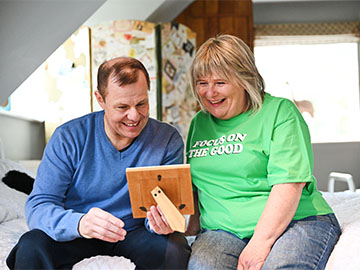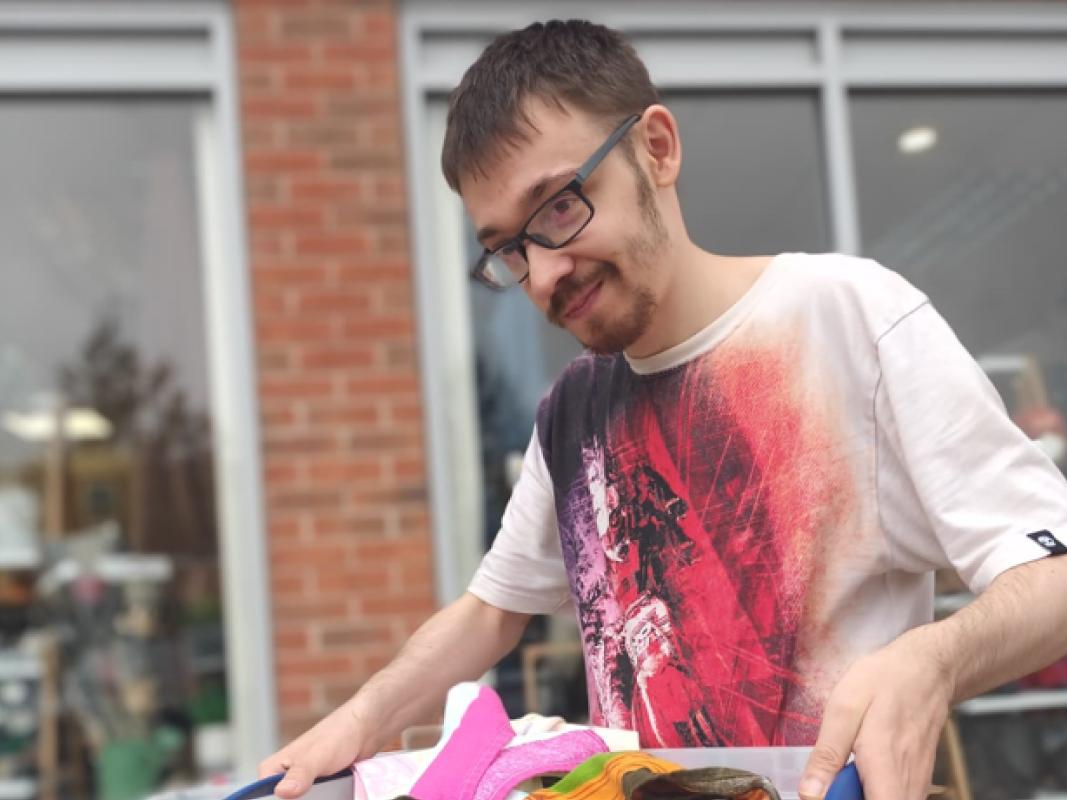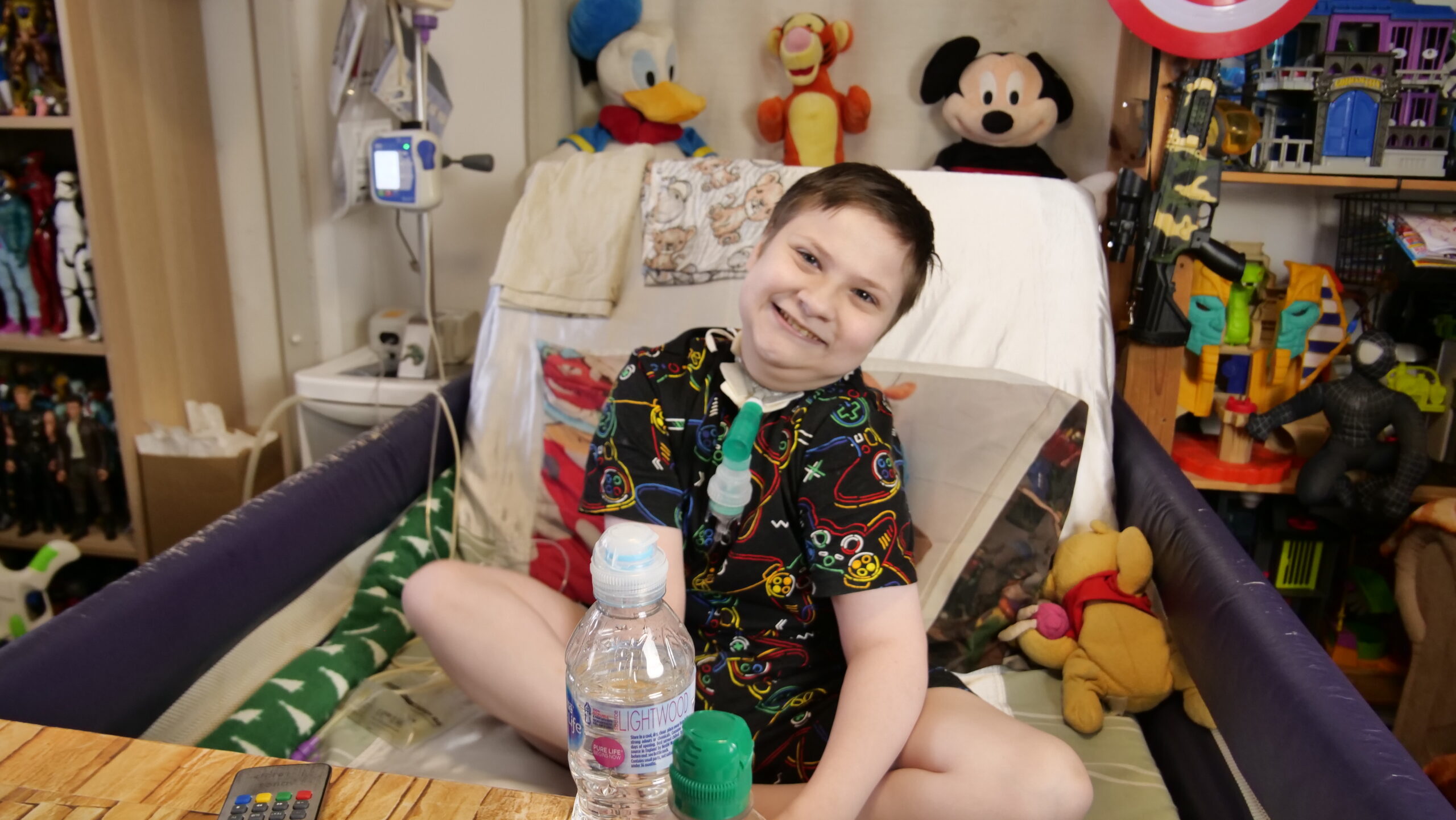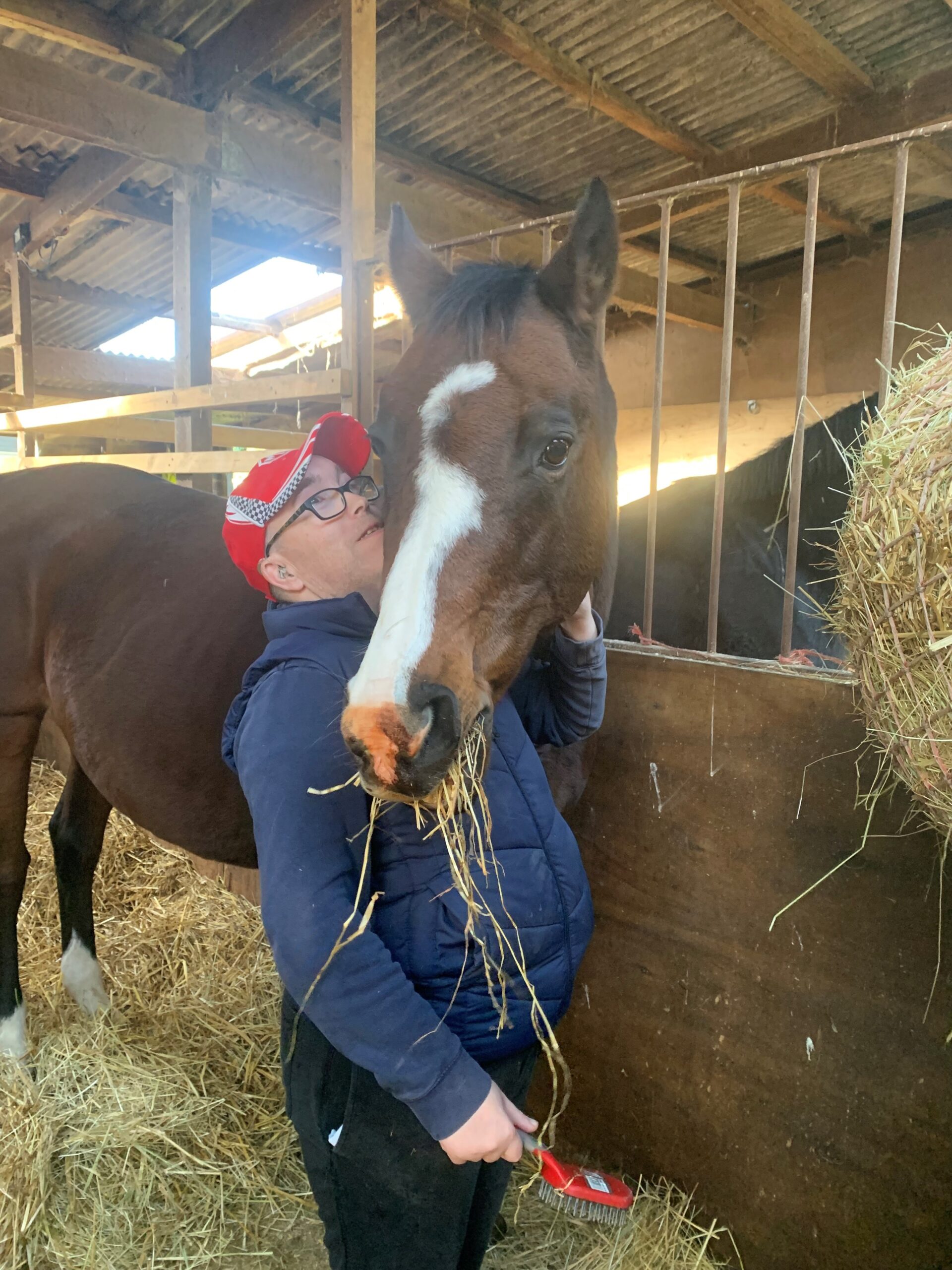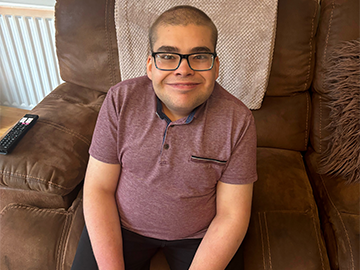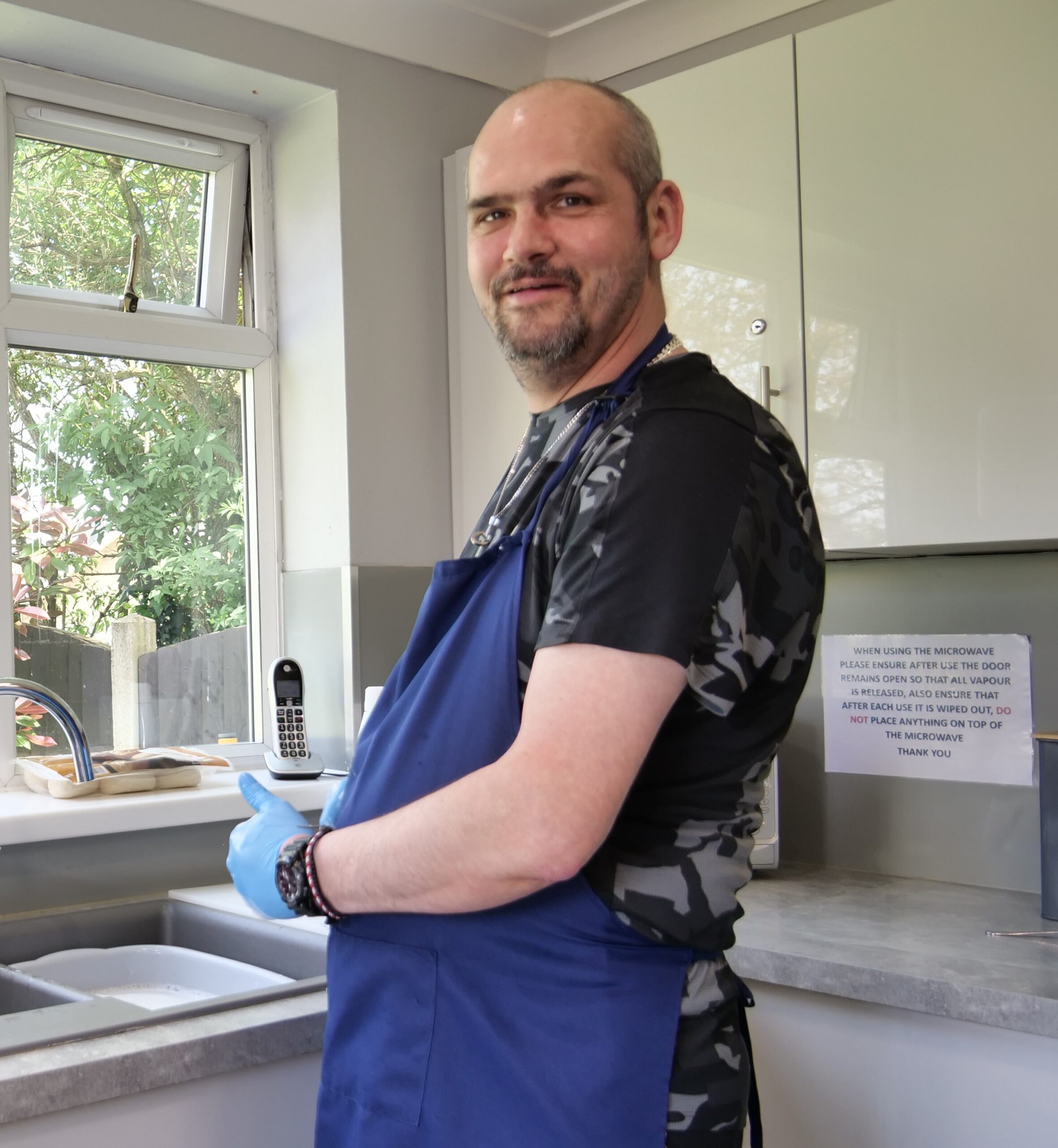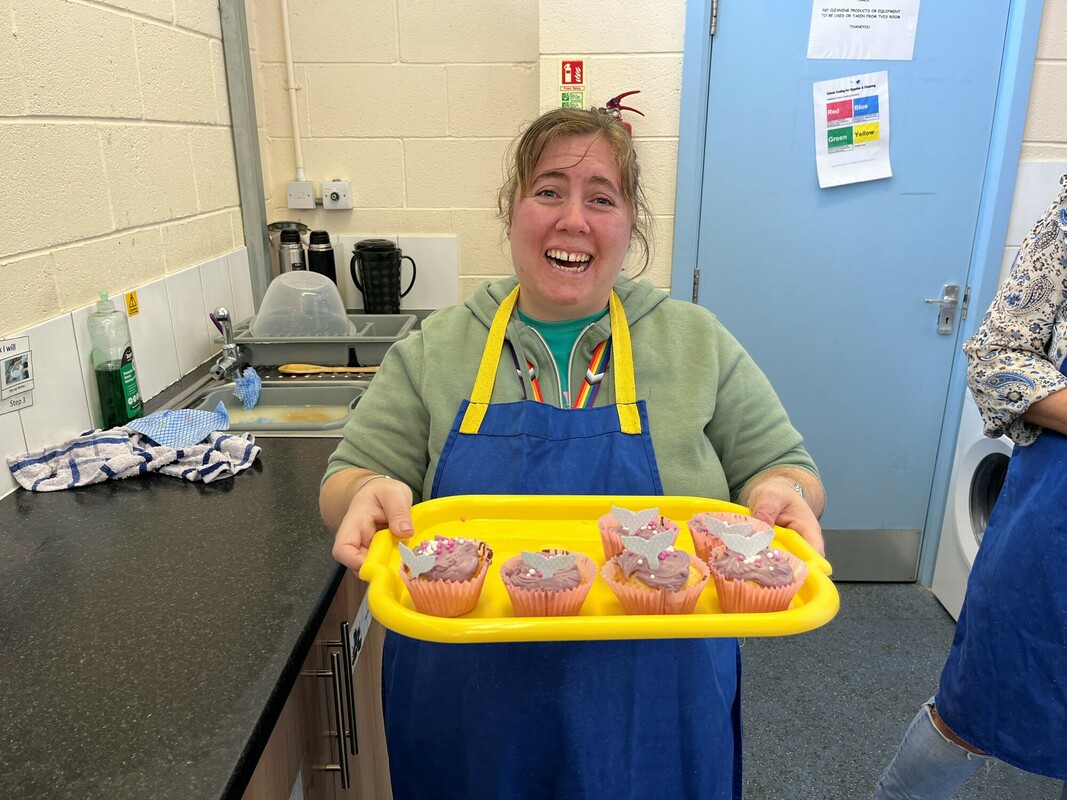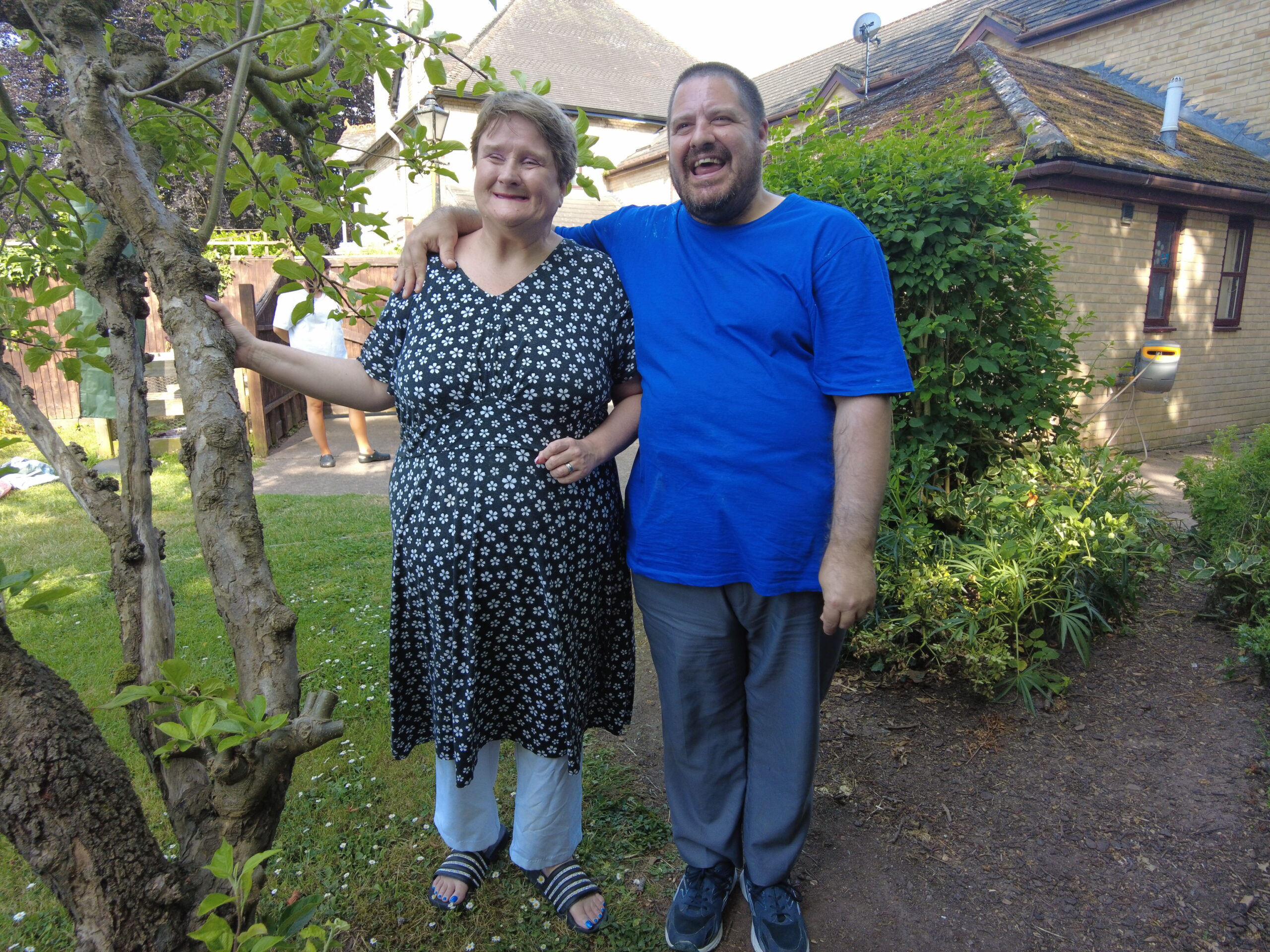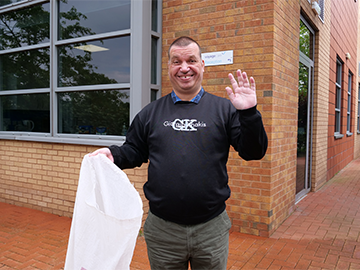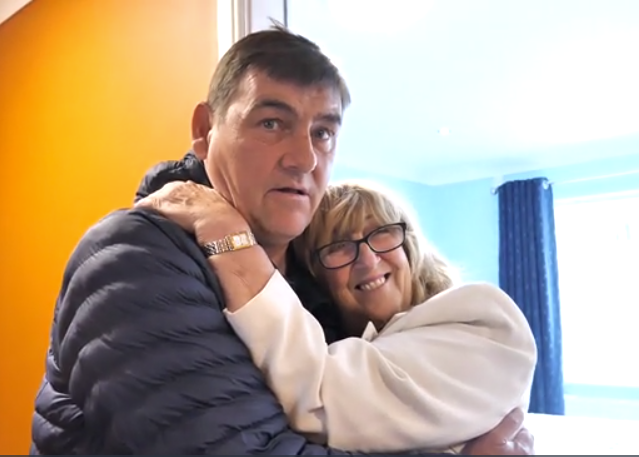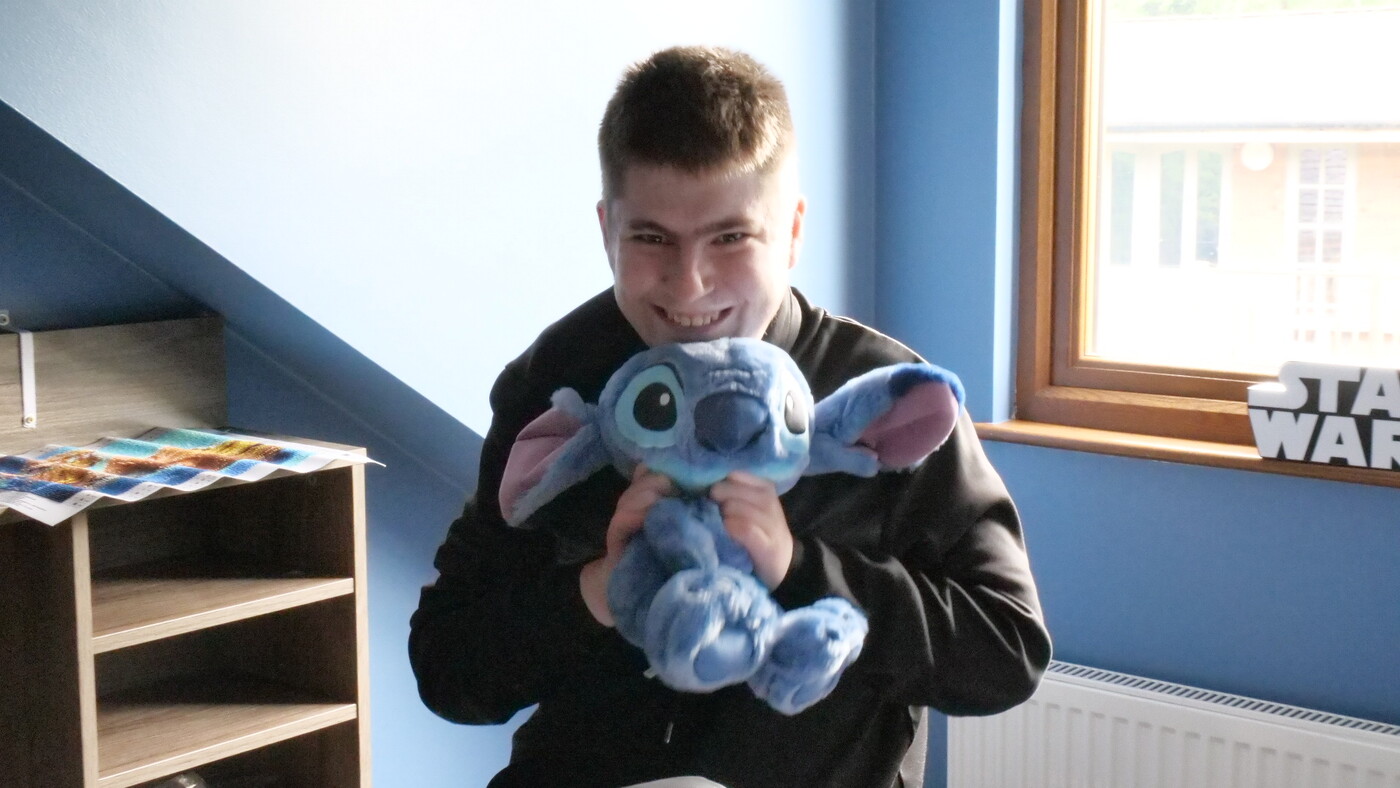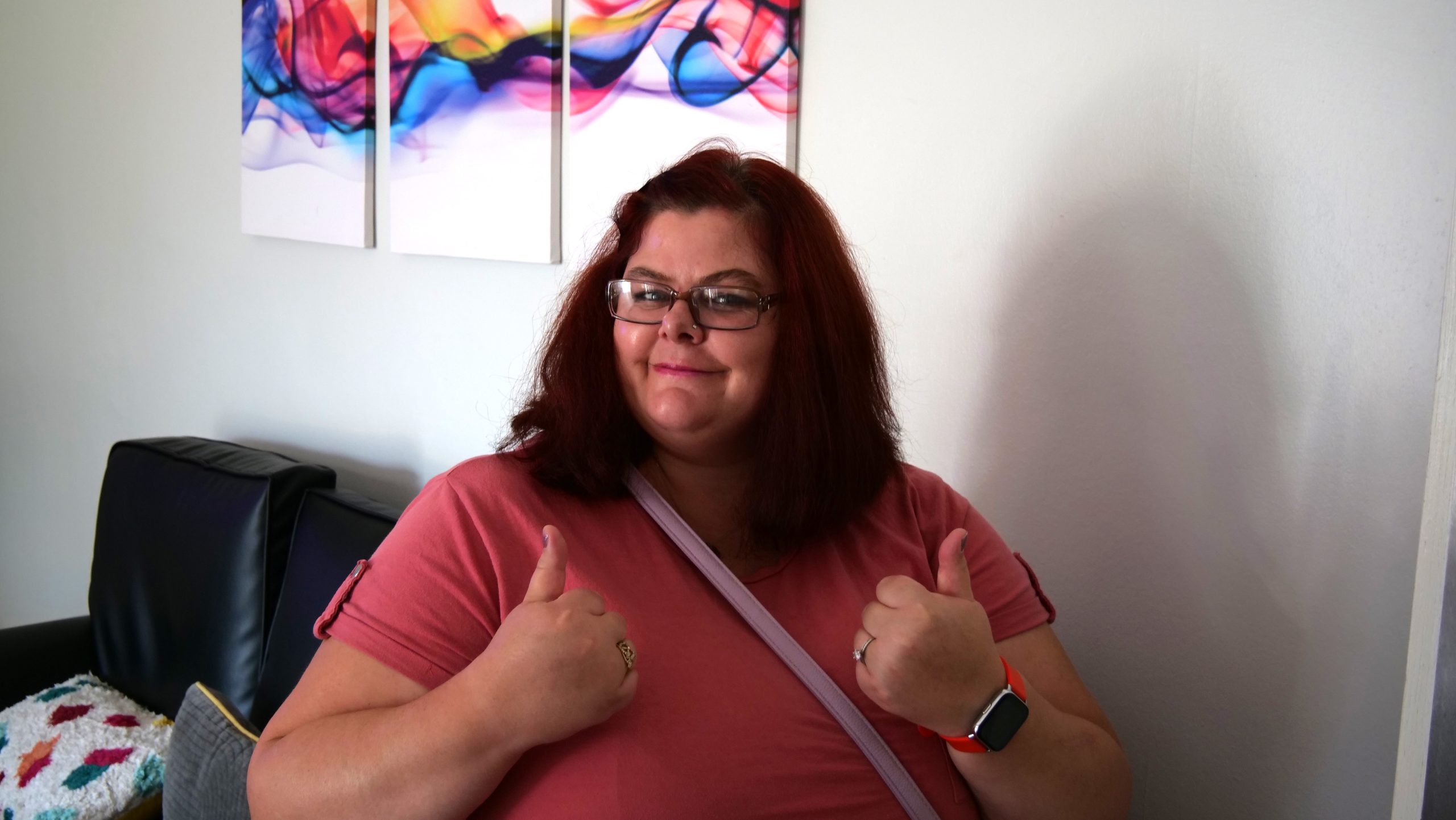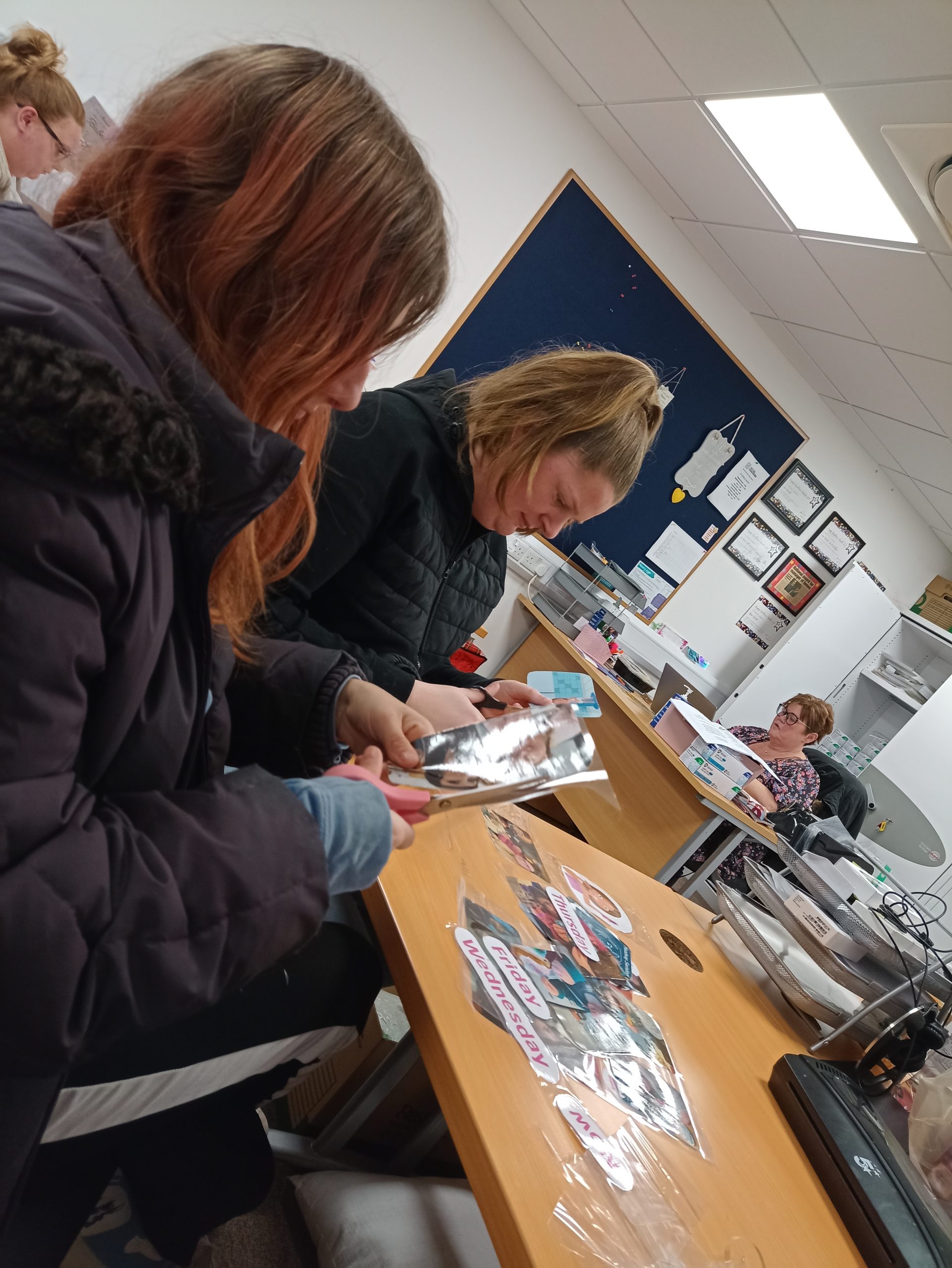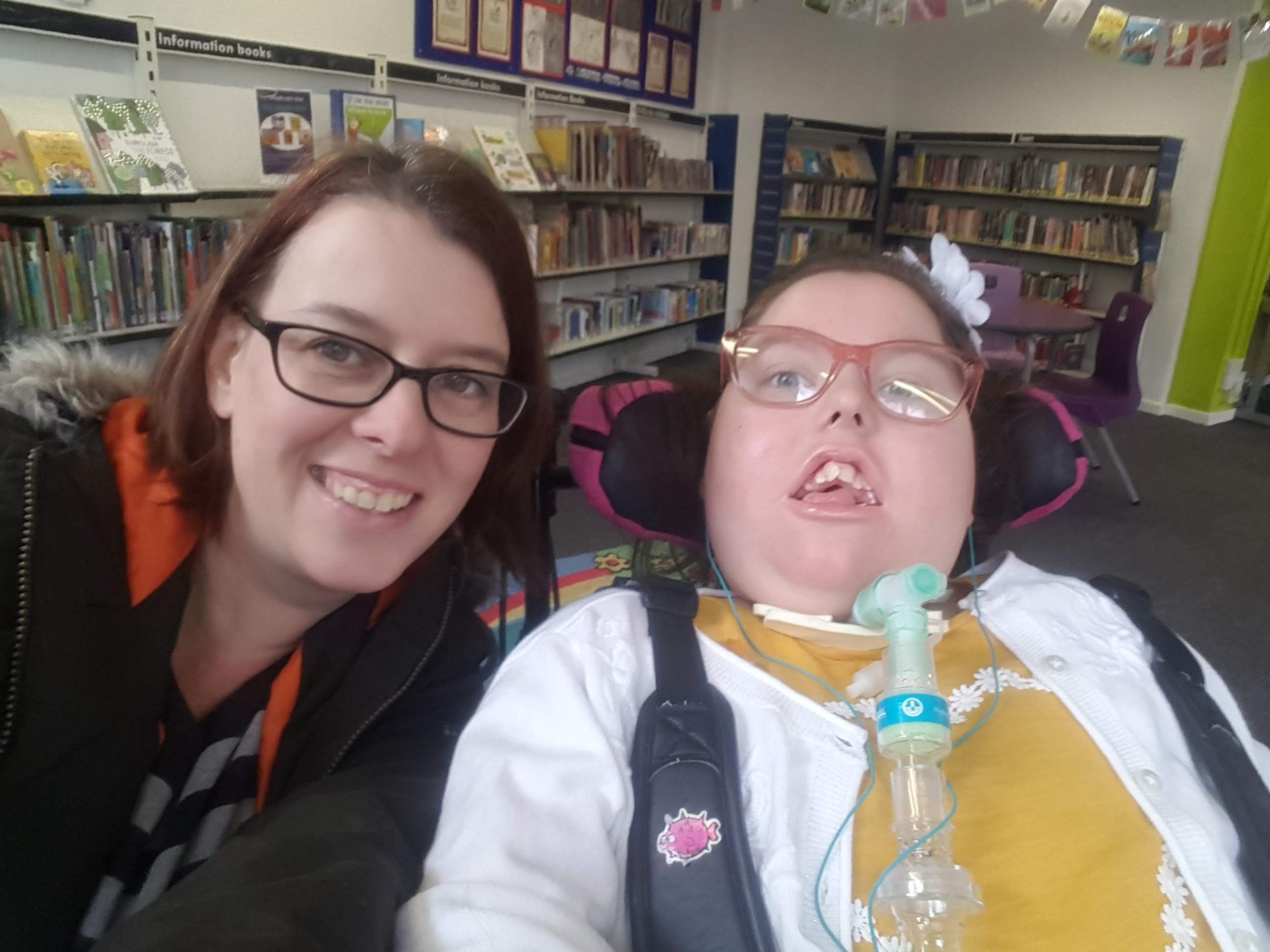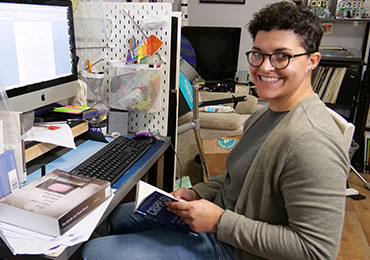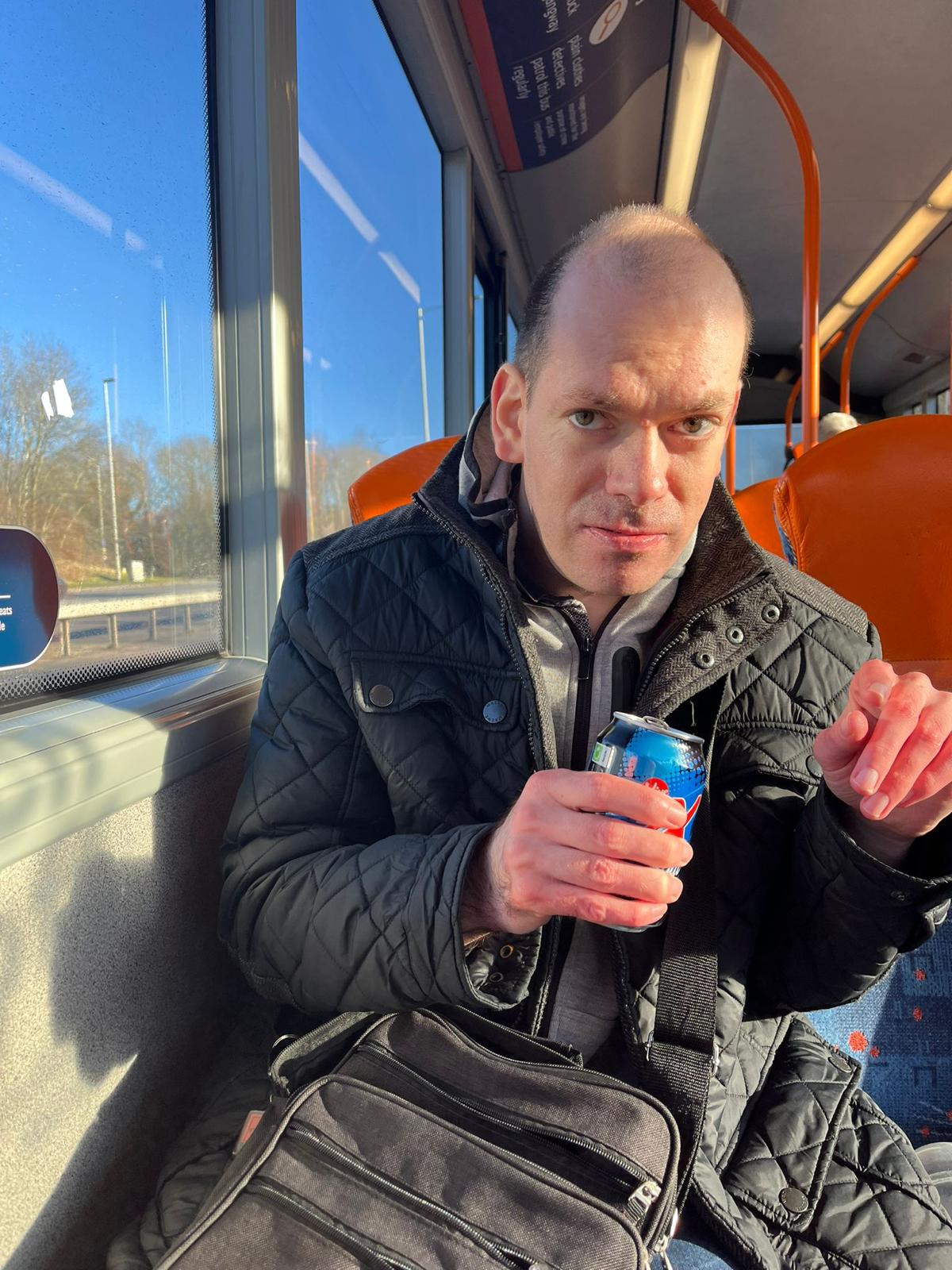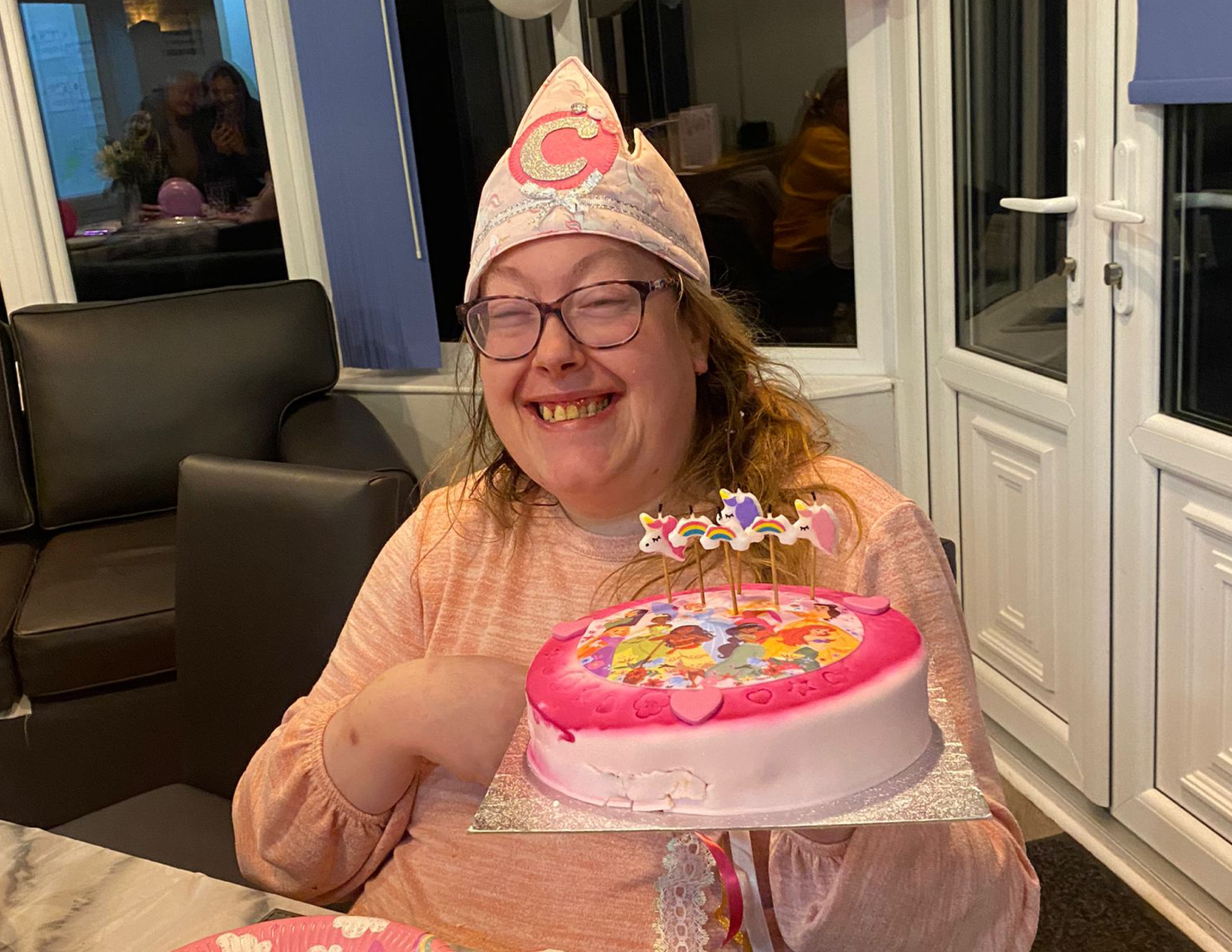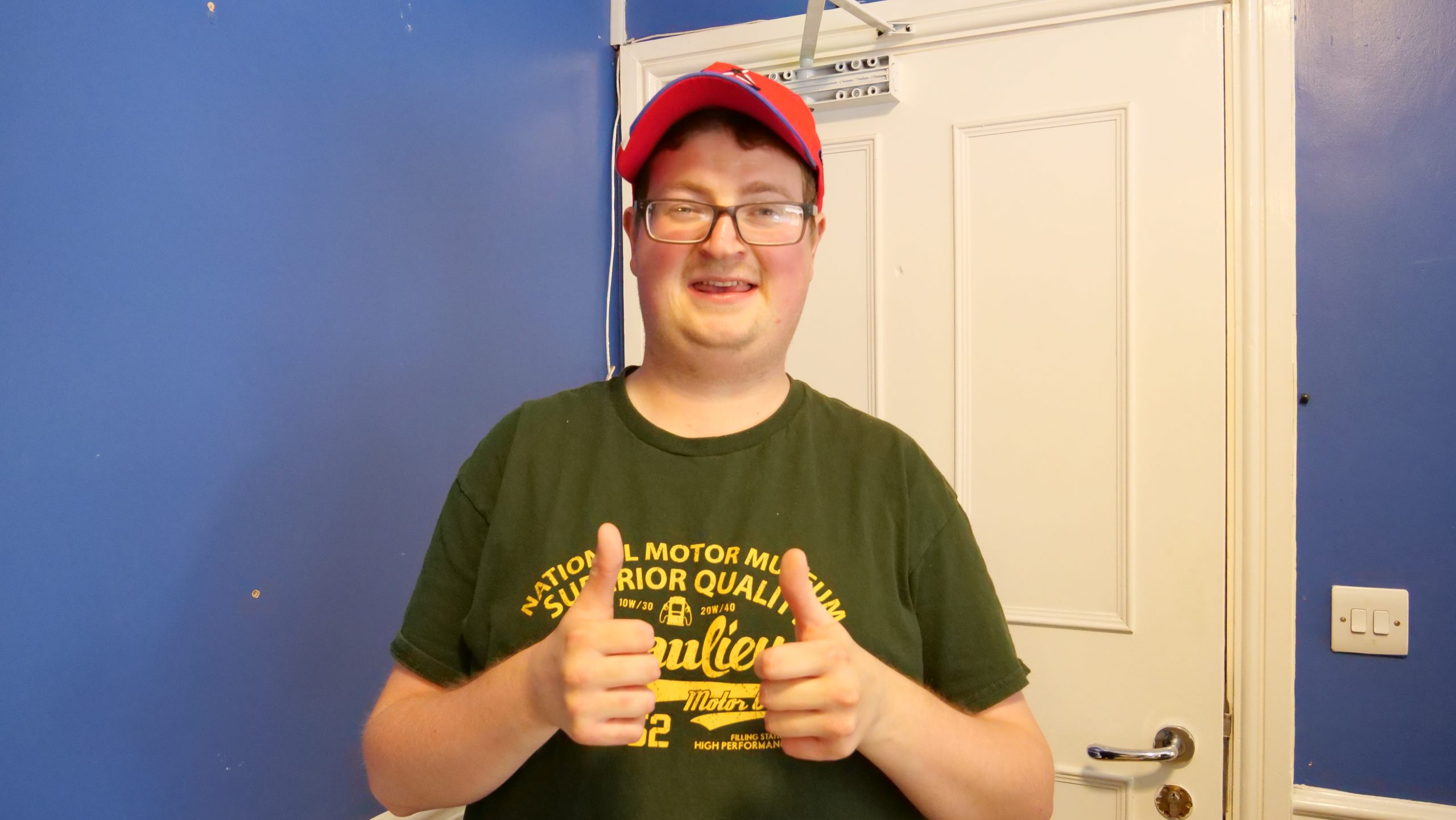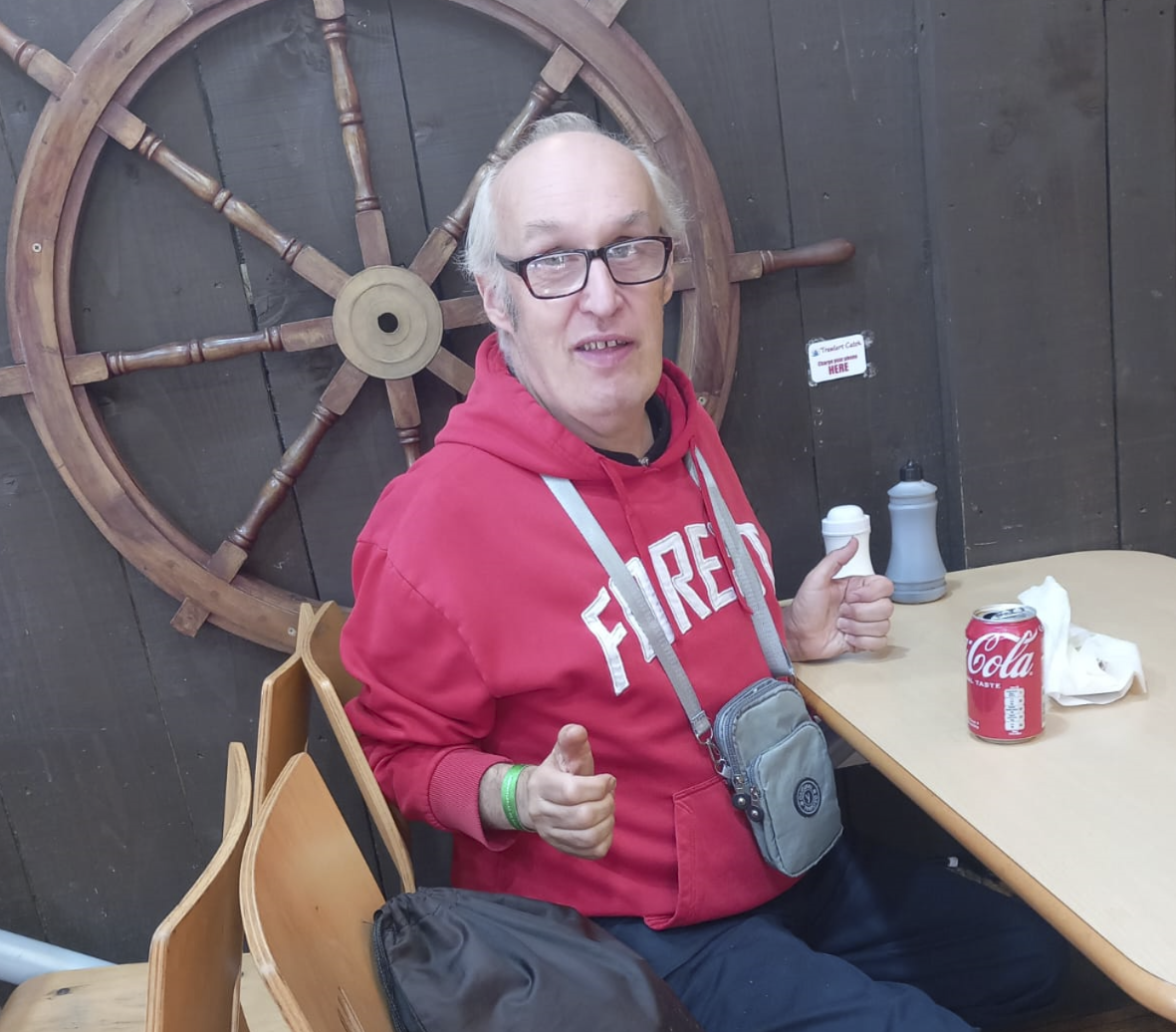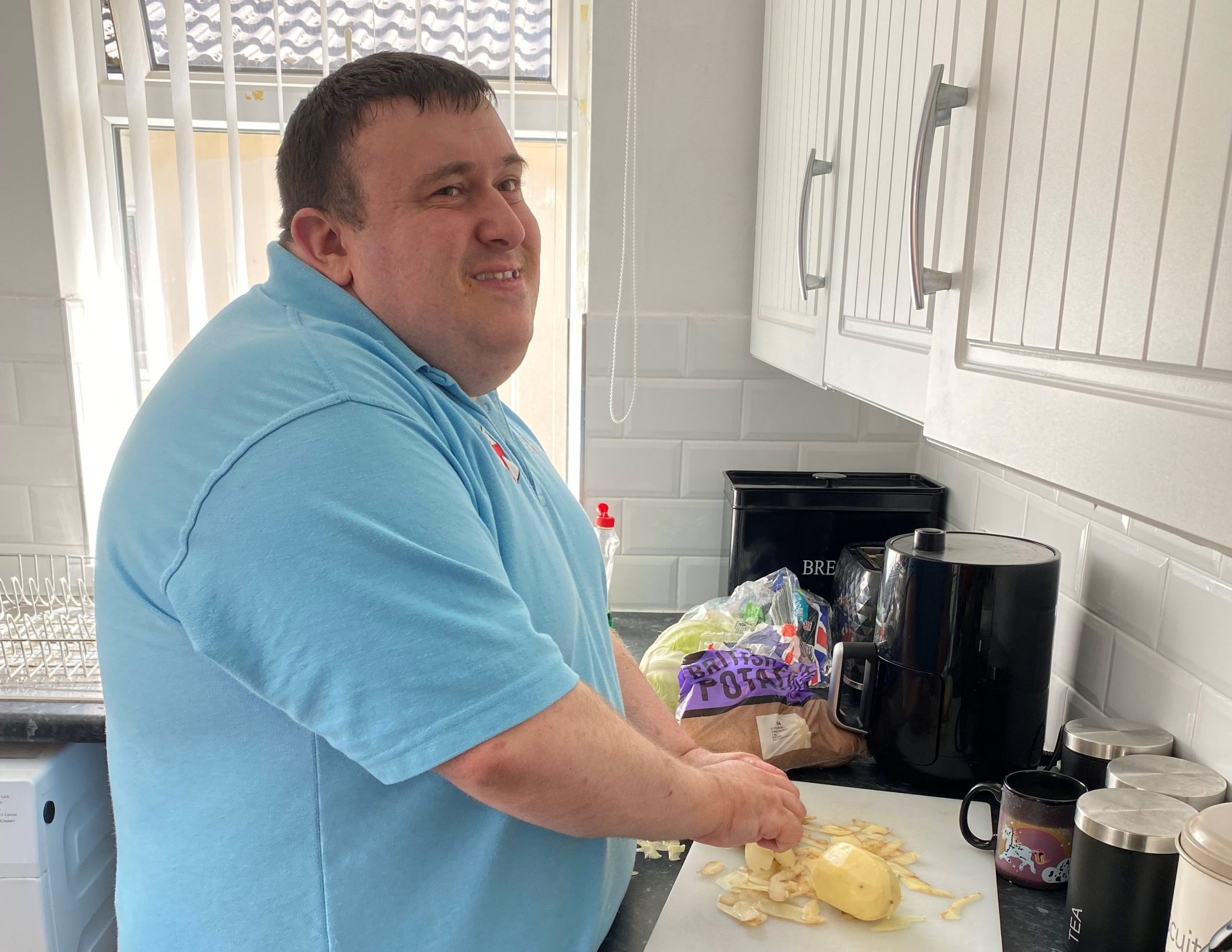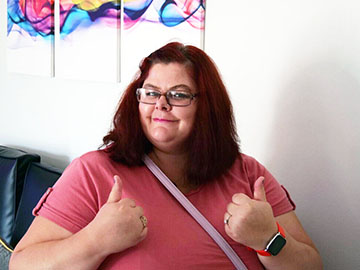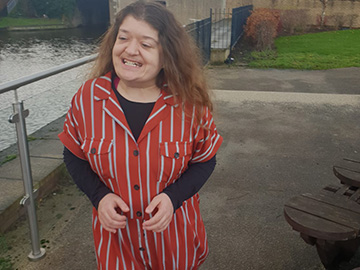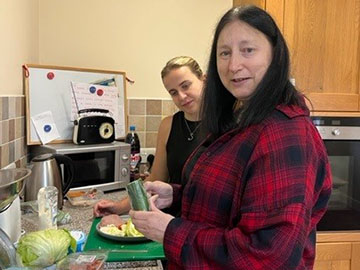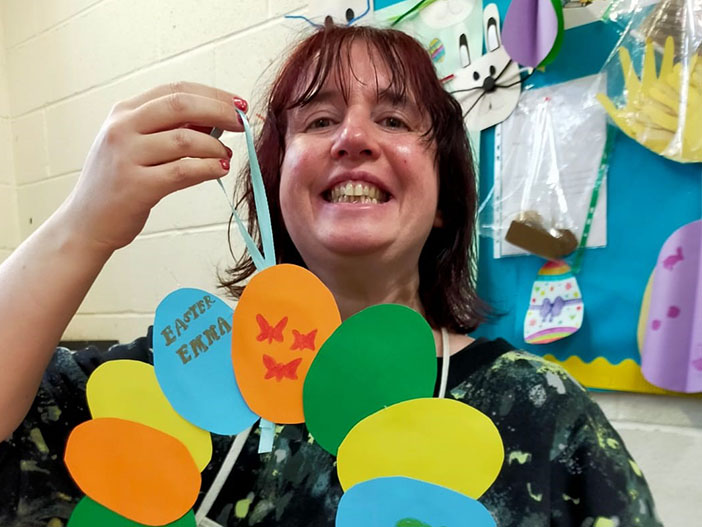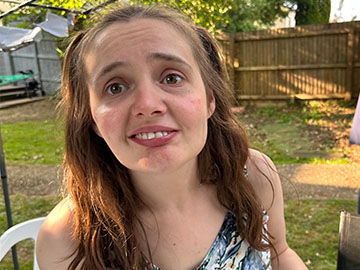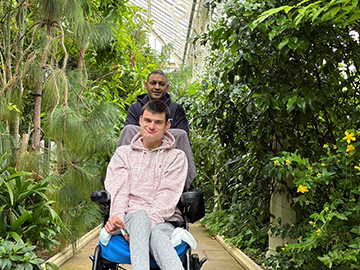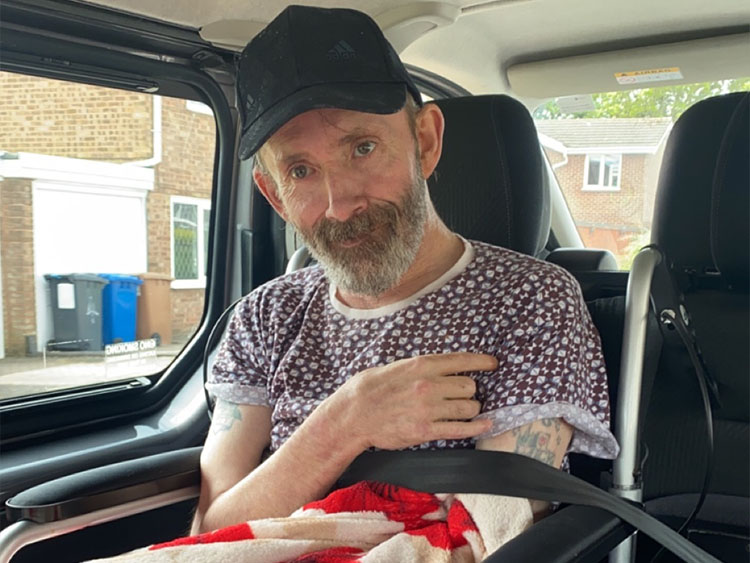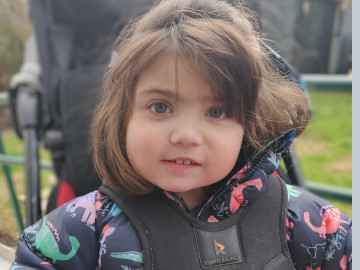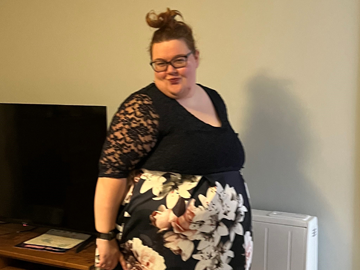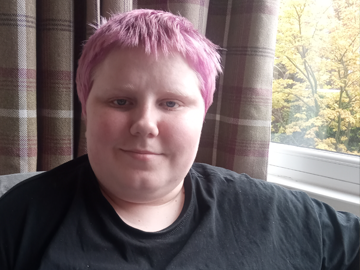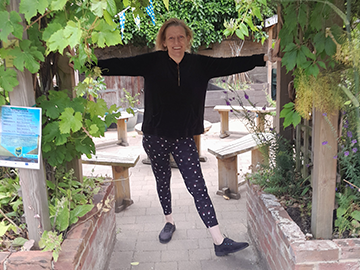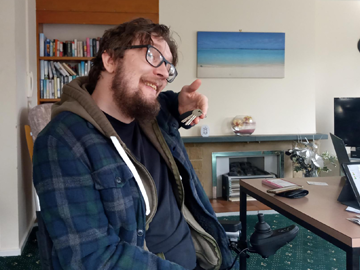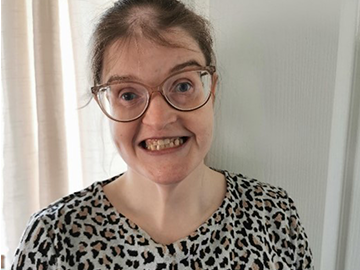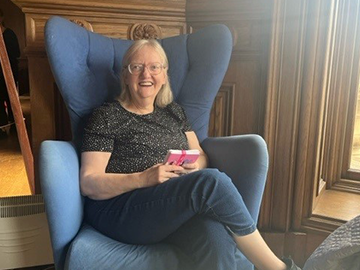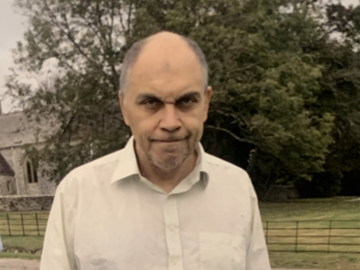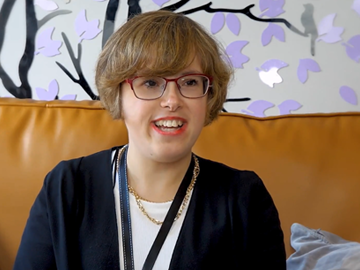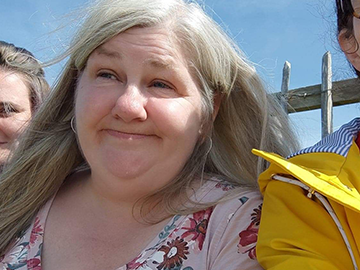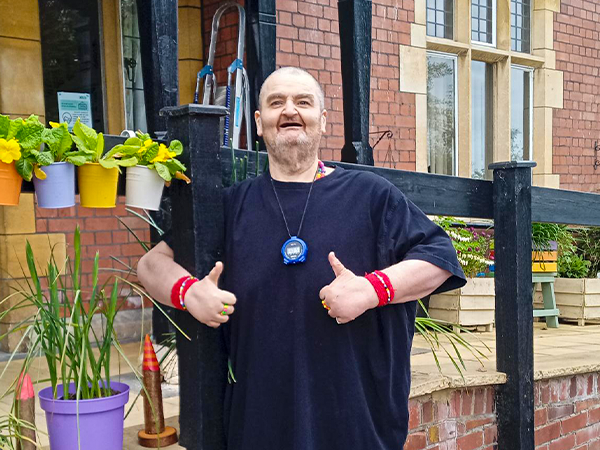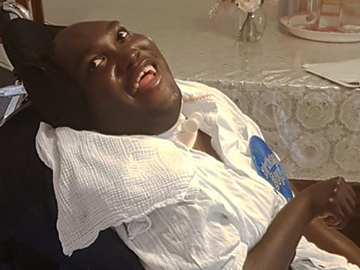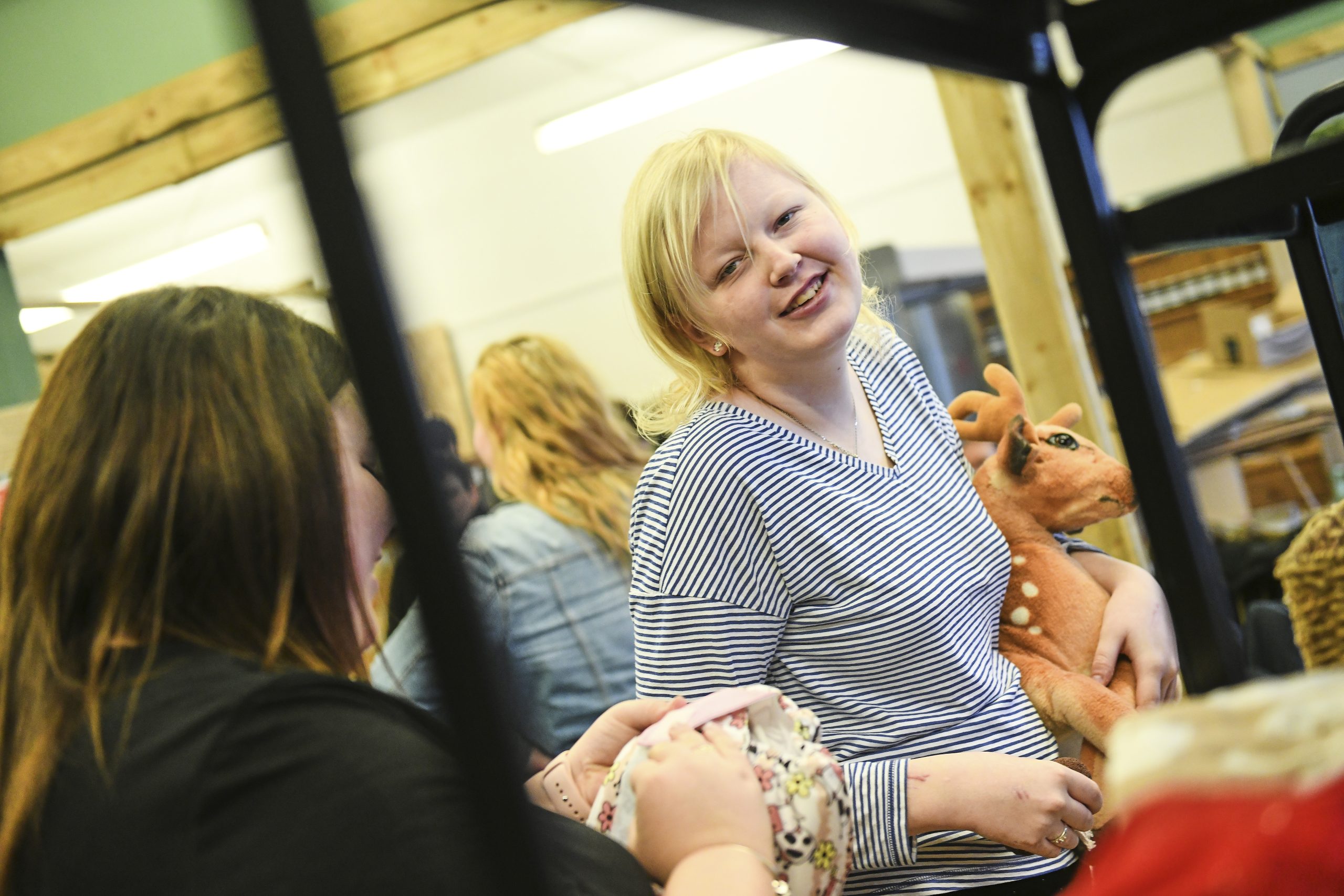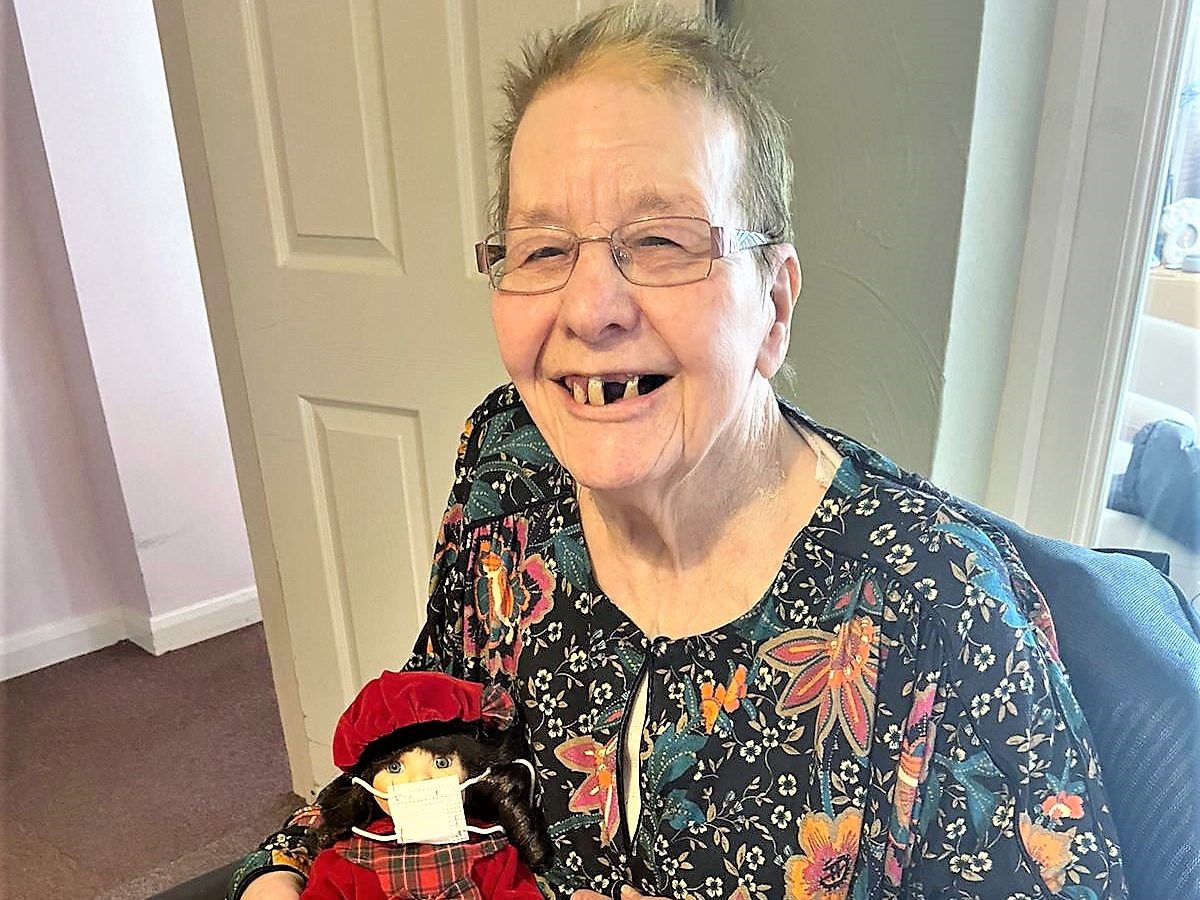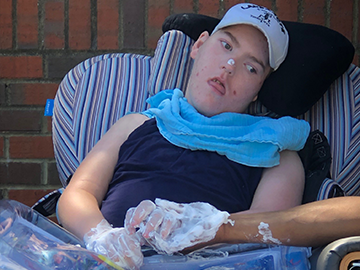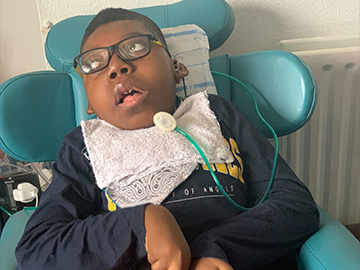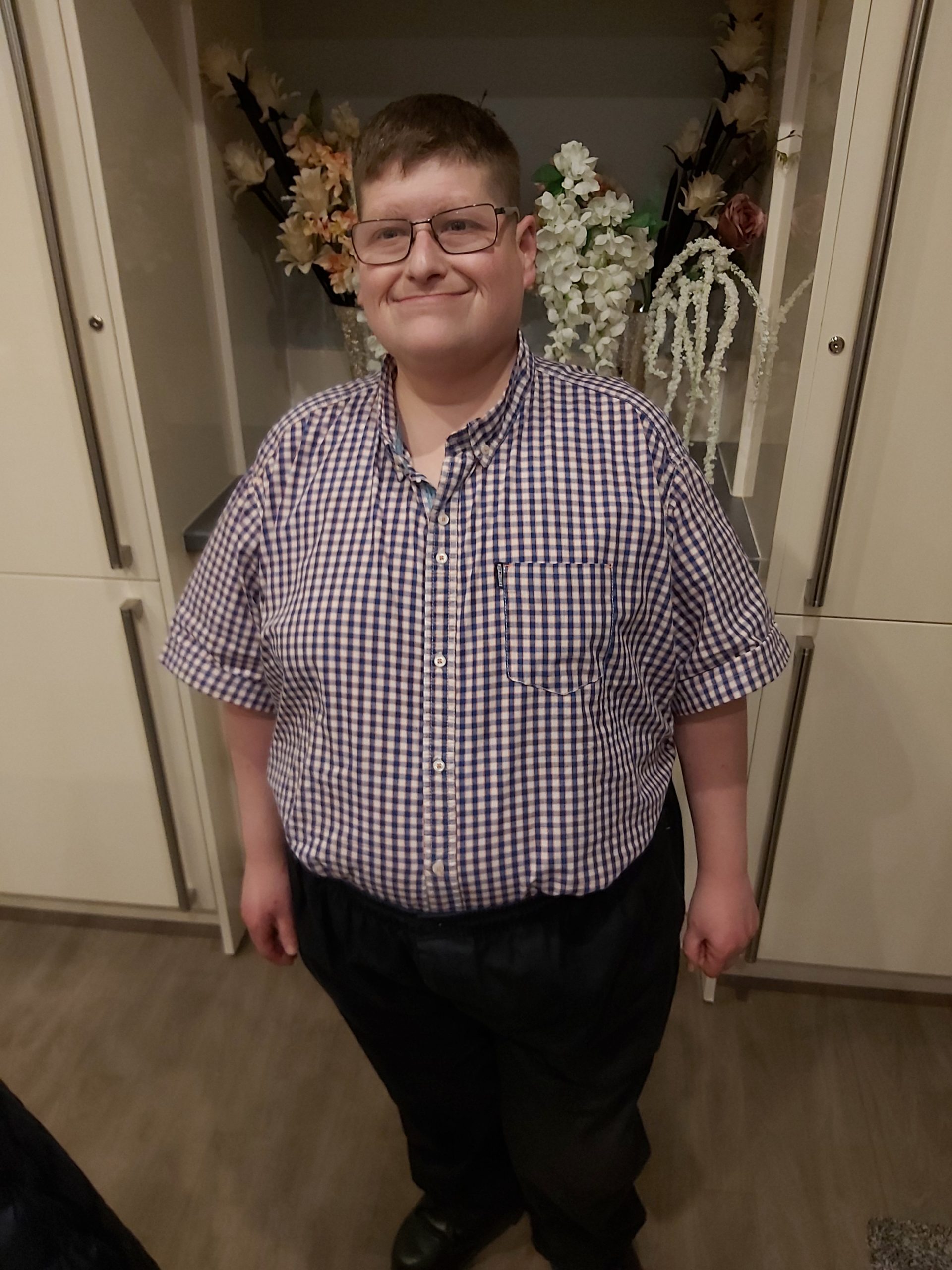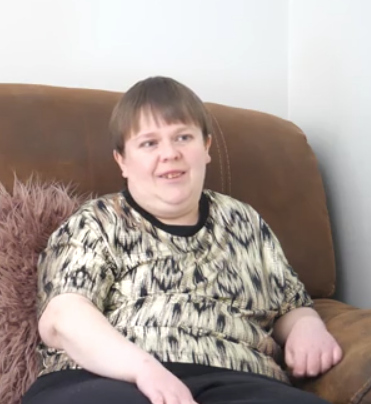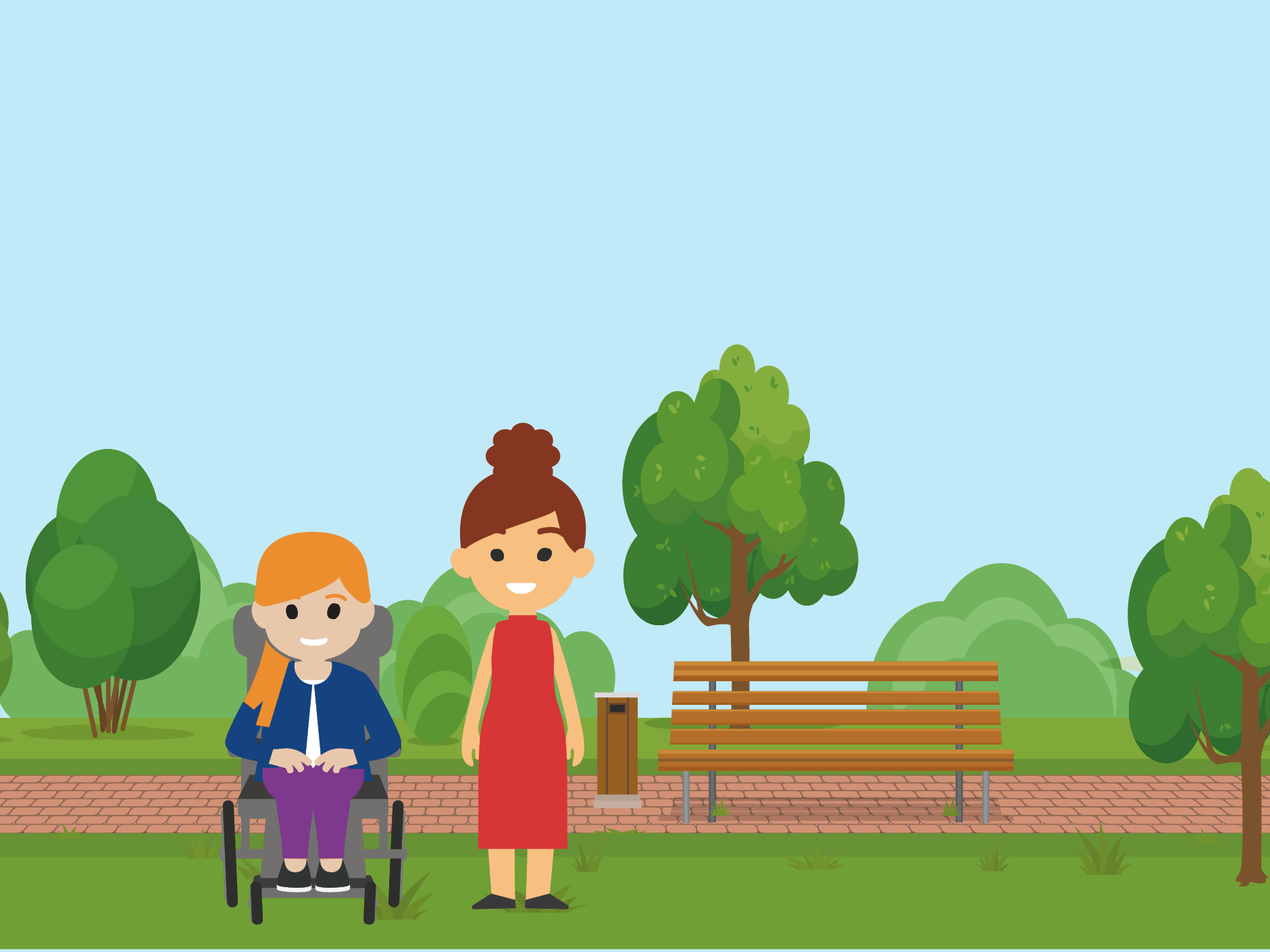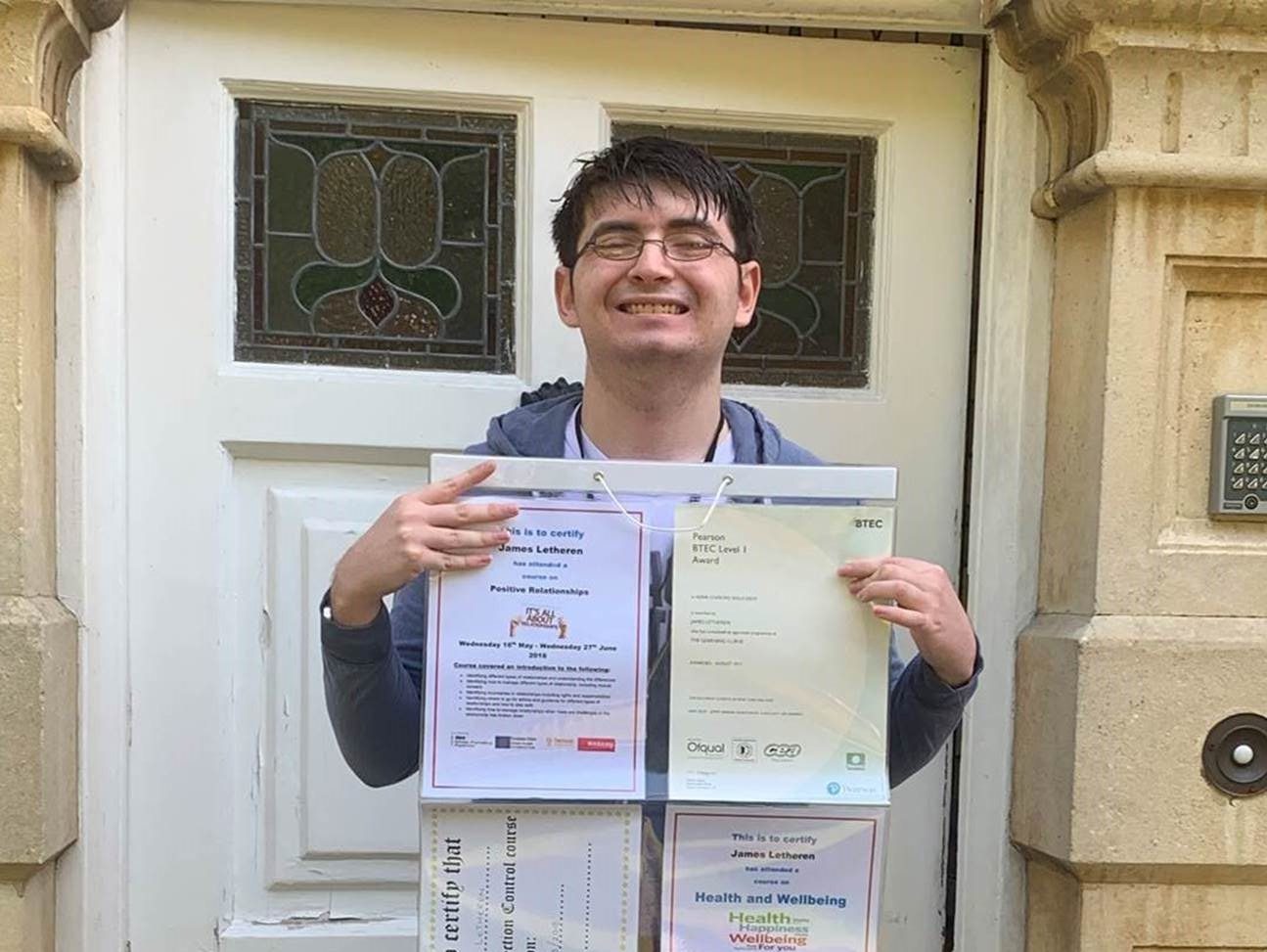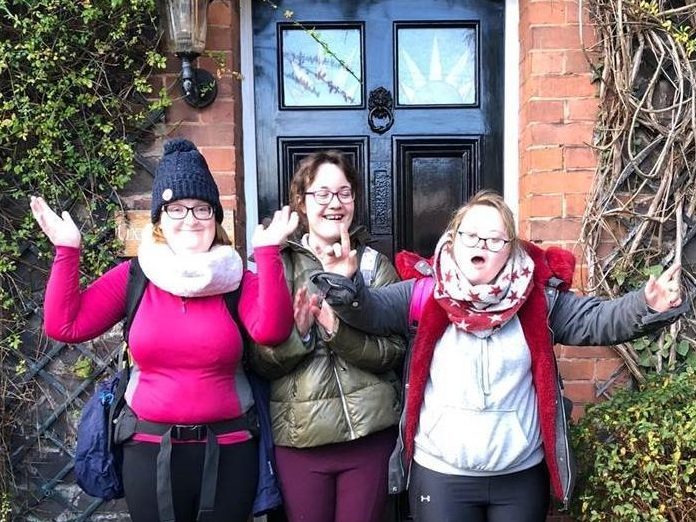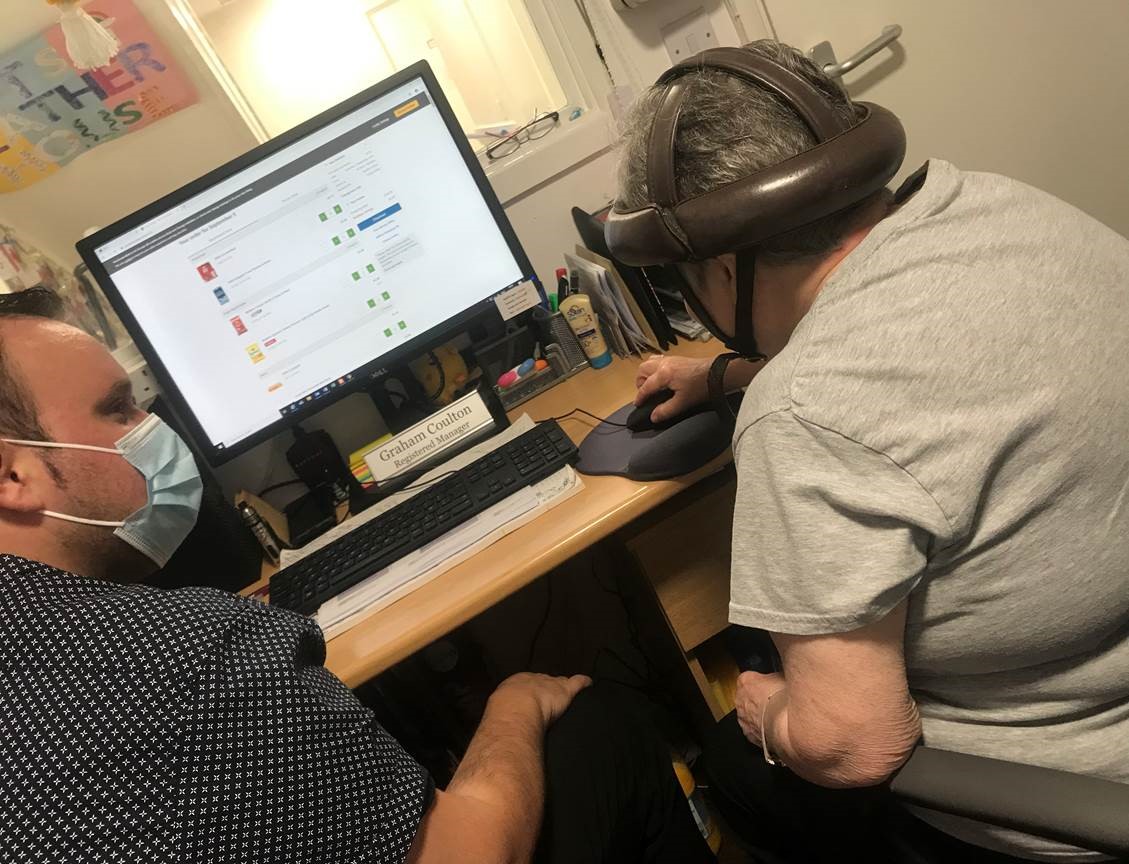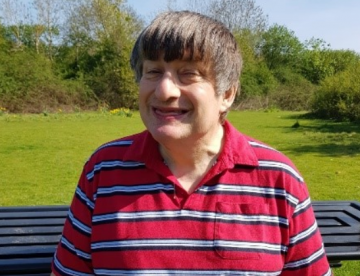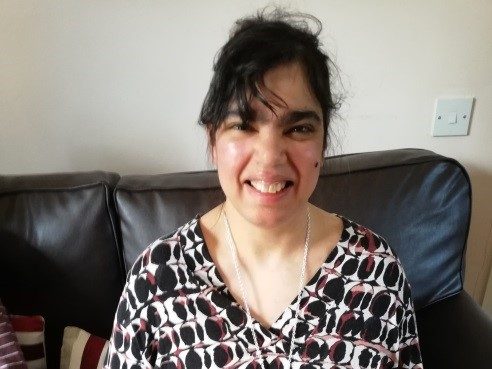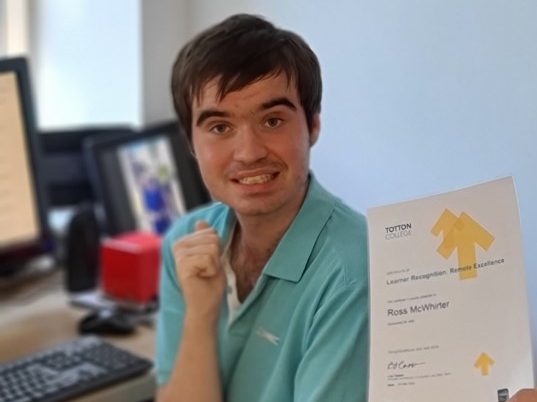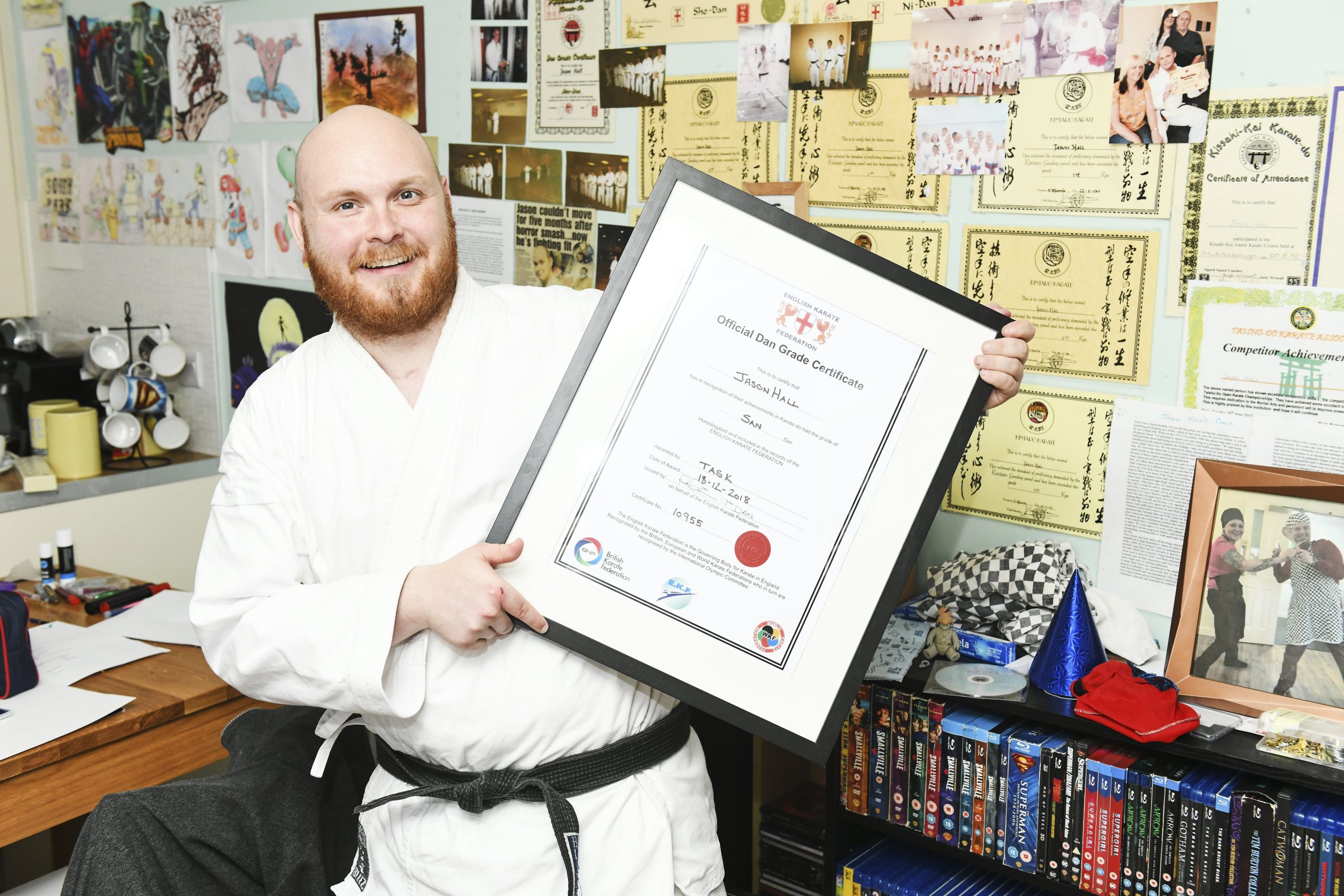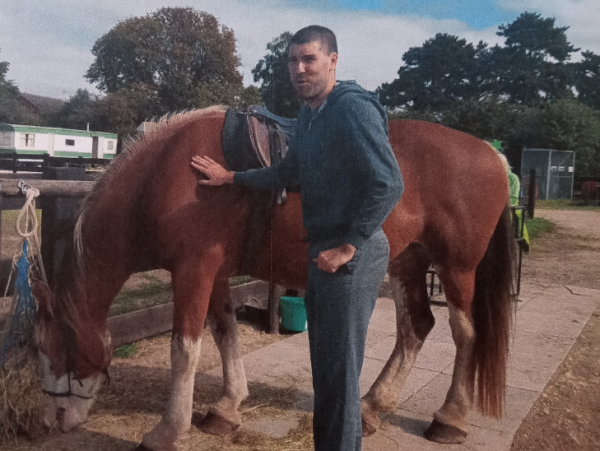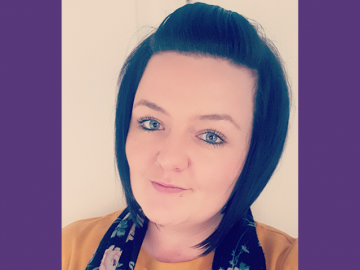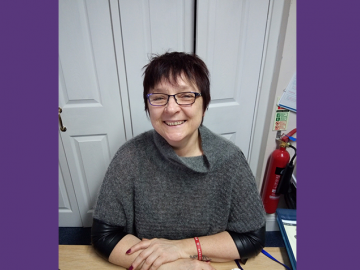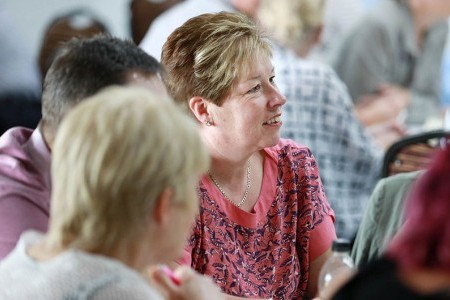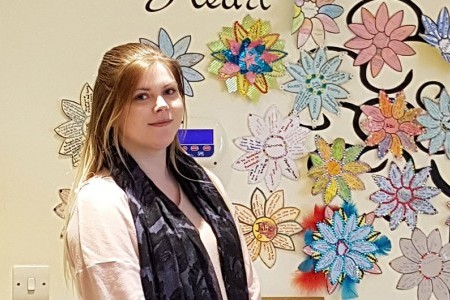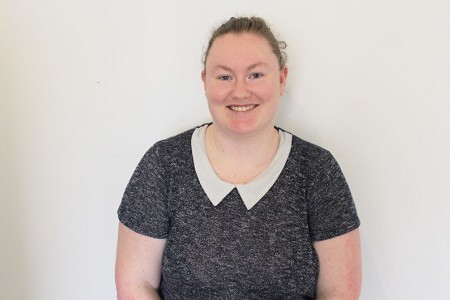The road to independence
When Westwood, our residential care home in Coventry, received an emergency referral for a new resident, they were working against the clock to get everything in place to accommodate them. After the initial introductory meeting, the staff at Westwood knew that they were expecting an individual who had challenging behaviour and could no longer be supported at home.
New beginnings
Henry* was still at school and living with his mum at the time, but she reached out for help as she felt that she couldn’t give him the level of support he needed. Initially, he wasn’t happy about leaving his home and changing his routine, but the team moved him in gradually at his pace and supported him through the first phase of the transition.
Henry was planned to stay with Westwood short-term, but he ended up staying with them for a couple of years until he was ready to move onto the next chapter of his life. It was clear that Henry had high capacity and could make his own decisions from his behaviour during his time at the service.
A centred approach
The team worked with Henry to produce a centred approach plan that would suit his needs and support him in the best way. Henry’s high capacity meant that he could tell the support workers exactly what he wanted, when he needed his own space and knew how and where he spent his time. He was also allowed to pick the staff he wanted to support him through his journey. It was important to Henry that he had a good relationship with his staff, and he wanted them to understand his needs, have similar interests and have the patience to do things at his pace.
The team worked particularly closely with Henry when he was transitioning from school and then into college. Both events were big changes in his life and the centred approach that the team created around him allowed Henry to feel calm and comfortable.
Henry felt anxiety about every aspect of his life and the team at Westwood would try new ways of supporting him through this. They found that art therapy was incredibly useful for Henry as he could express his emotions and speak to someone about his feelings. He continued to do the art therapy for the remainder of his time at the service.
The next phase
After a year or so at Westwood, it was agreed between Henry, his mum and the service that residential support wasn’t the best fit for him. So, they decided to work together to find a new solution that would better support Henry and meet his needs.
Henry’s behaviour improved every single month, the number of incidents decreased, and the team could see how much he had matured during his time there. The team at Westwood helped Henry get into a good routine, which meant that he could get himself up in the morning, wash and be ready for whatever he was doing that day. He had now come to the point where he was settled and finished college, so it was the right time to start moving on to the next step, which was moving him out of the service and into his own house.
A 12-month plan was created at the beginning of the next phase because the team wanted to make sure that Henry knew what was happening every step of the way, what decisions needed to be made and that he knew he had the support around him if ever he felt overwhelmed. This plan was then adapted to a six-month transition plan to ease Henry into the big change that was coming.
The road to independence
Henry’s mum helped Henry find a property that was suitable for him. He knew he wanted a house, what furniture he wanted, where he wanted to live and what support he’d need. This made the experience enjoyable for Henry as he was able to make these decisions himself, with support from the team and his mum. He was also interested in getting a pet, so the team worked with him to go to shelters and explore that option with him.
There were a few bumps on the journey as Henry would often change his mind and the whole process would start to overwhelm him, but he worked through his concerns with the team and then he would be excited again.
Henry was ready to have his own space, his own independence and his very own home. He went through a journey that wasn’t always easy, but he came out on the other side shining bright.
Would you like to learn more about how we can support you, your loved one or your client to achieve a goal and live a fulfilled and meaningful life? Speak to our friendly enquiry line team by calling them on 0800 0353 776 or emailing referrals@voyagecare.com.
*For confidentiality reasons, we have changed the name of the person we support in this case study.


 More success stories
More success stories 






